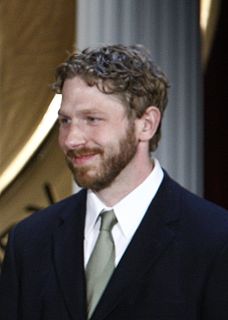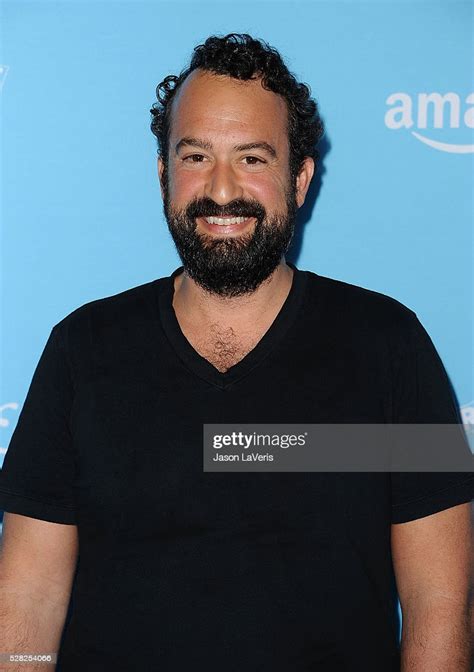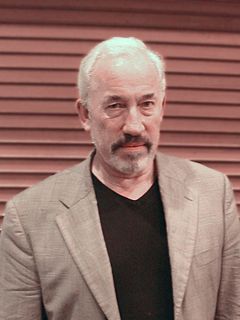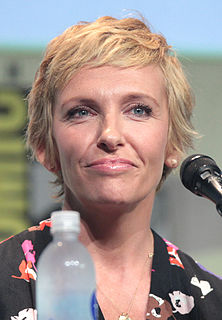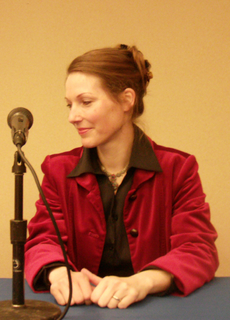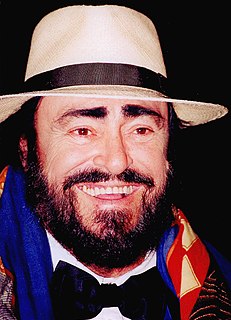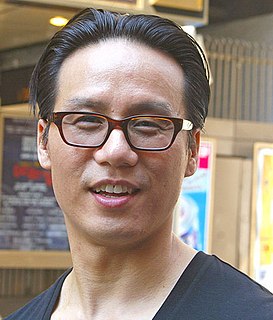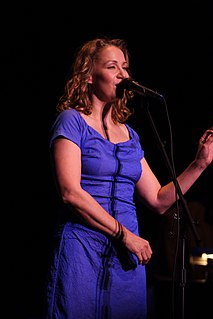A Quote by Aaron Ehasz
One of the great things about now vs. 10 or 12 years ago is we can see how the audience responds and the audience has an opportunity to be a community that engages each other and engages us and we're excited for that conversation.
Quote Topics
Related Quotes
To be honest with you, I don't know how even to articulate it at this point, because sometimes the real difference in the seasons perhaps will come in the way the viewership responds and the audience responds. The thing about the show is - we realign a lot about it once our audience watches it. We learn things that we can't even anticipate.
You don't fully understand the meaning of a work until the audience responds to it. Because the audience completes the circle, and adds a whole other shade of meaning. Whenever you view something, and this is why great works of art survive decades and centuries, is because there's a door within the work that allows the audience to walk through and complete the meaning of the work. An audience isn't passive, nor are they unintelligent.
If you're playing a good guy, you show some darkness. If you're playing a dark guy, you show something different, like humor, that will mix it up and hopefully surpass the audience's expectations. What I'm battling all the time is complacency in the audience. I try to bring a little mystery to what might happen because that engages people more.
We are committed to getting our content to our audience in as many ways as possible. We are very excited about our partnerships.. and we relaunched our ABC app, which is going to be a great place and opportunity for our audience to find our shows in addition to throwback content and new ABC digital originals.
I think as a performer, it can be really great to stand on stage, especially when you have more time, but I do think about the specific people in the audience, how it's hard for them to get up and go to the bathroom, how they chose not to do other things that night and have turned off their phones and everything. So for that reason, I think it's necessary to mix it up and talk to the audience.
I don't have any expectations about my films. If they're good, they're good - if they're not, they're not. About 10 years ago, I remember going to see one of my movies - I can't even remember which one now - and everyone was jumping up and down, getting excited, saying what a great film it was going to be. We all went in and watched it, and it was the slowest movie I've ever seen. The next day, the reviews were terrible and half the studio was fired.
